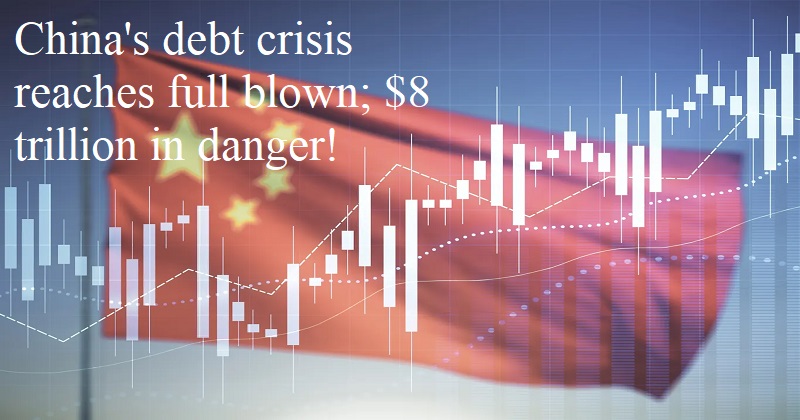
As the property market collapses and Beijing deals with the fallout from its zero-COVID policies, the local government debt situation in China is growing worse. Since the Great Financial Crisis, China has deployed so-called local government finance vehicles (LGFV), which have amassed around $8 trillion in debt, to fund infrastructure projects and promote growth.
At the 20th National Congress of the Chinese Communist Party, which got underway on Sunday, President Xi Jinping is vying for an unprecedented third term. Bonds issued by LGFVs, however, are in danger of defaulting and provide another challenge to him. As policymakers attempt to stop an already sluggish economy from getting worse, many believe Beijing will have to intervene with a bailout.
‘The government is, in our opinion, still extremely likely to act to protect strategically vital state-owned enterprises and avert defaults that would spark localised financial stress events,’ said Yating Xu, chief economist at S&P Global Market Intelligence. LGFVs have proven a dependable financial tool in China, enabling the construction of anything from residential buildings to amusement parks.
Then, in 2020, the Chinese government began to restrain the property market, whose skyrocketing debt levels were worrisome to policymakers. Developers reduced their purchases of land, which local governments sometimes rely on to balance their books, as the real estate market fell into disarray. The capacity to pay back LGFV debt declined when municipal revenue started to decline. According to Tianlei Huang, research fellow at the Peterson Institute for International Economics, LGFV defaults have so far been uncommon and geographically confined in specific interior regions.
However, he cautioned, ‘With zero-COVID and the housing crisis continuing to develop, this might expand to other places’. Although LGFVs often have an implicit guarantee on their debt commitments, Huang emphasised that Beijing is currently not keen on helping local governments manage financial difficulties. S&P’s Xu thinks that government involvement is likely to stop a full-fledged financial crisis from spreading to China’s overall economy.
However, under President Xi, China has a history of allowing defaults and bankruptcies as part of a long-term effort to improve the effectiveness of state-owned businesses. Following the post-pandemic stimulus, China saw a spate of defaults as recently as late 2020. “Defaults on local government-backed bonds… would worsen the financial environment and increase financing costs in those risky areas,’ Xu said.

Post Your Comments